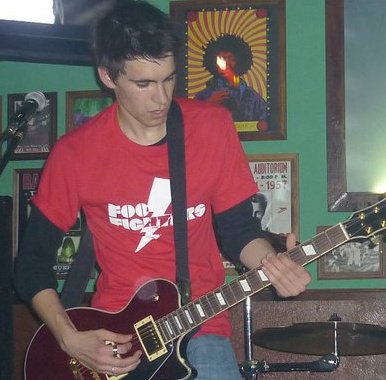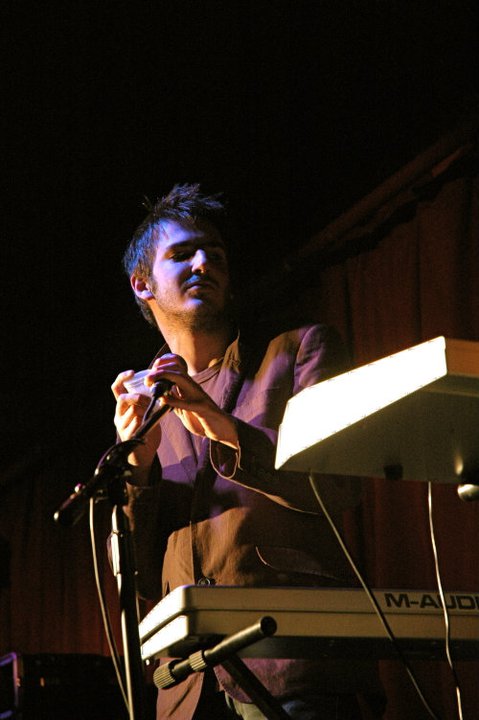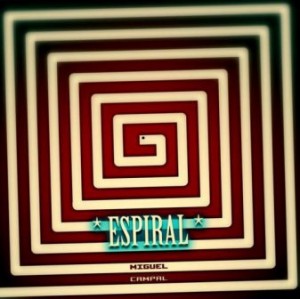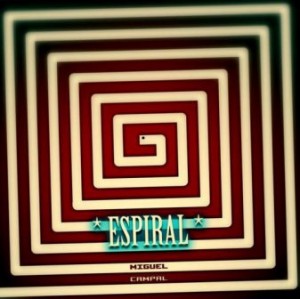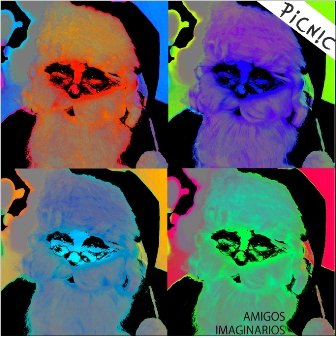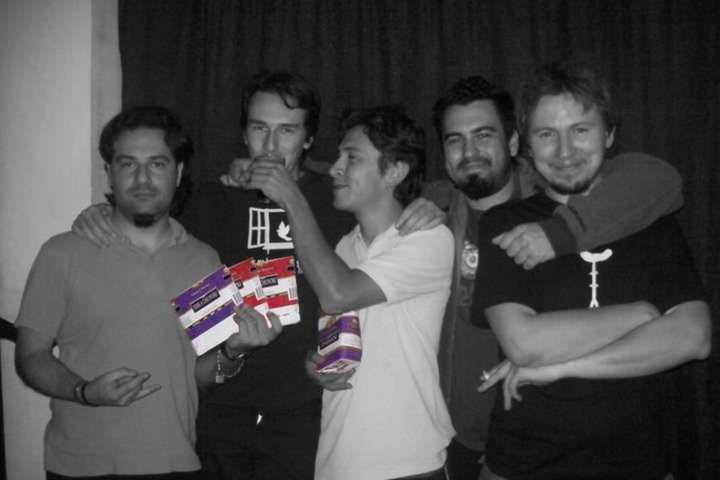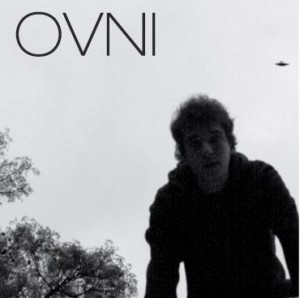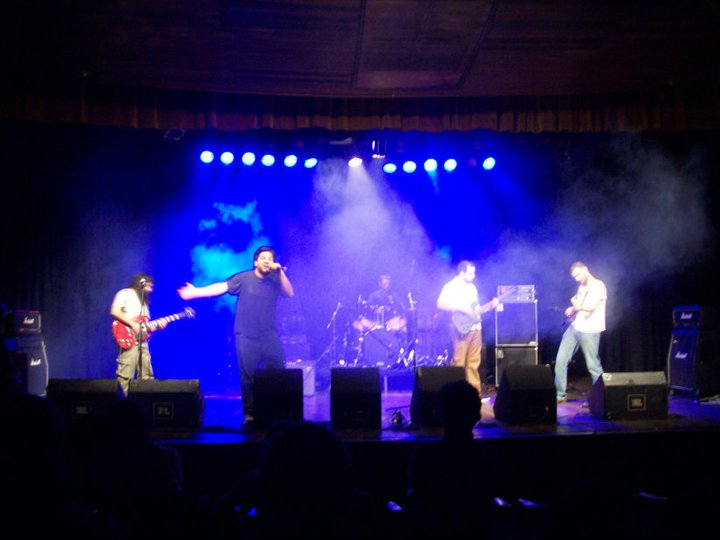There’s something that I have always wondered… just what did happen to Igor (the blue donkey that acts as Winnie The Pooh’s dear friend) to look so despondent? I mean, the poor thing looks as if a meteorite the size of Australia hit him squarely in the forehead and his brain fell out his left ear.
My theory is that poor old Igor listened to Tom Petty’s “She’s The One” album and his faith shattered. Like mine did when I listened to it. Because it wasn’t a proper album by any stretch. Petty had just two truly good songs which were “Walls” and “Angel Dream”. And to be fair, they were not just good – they were plain terrific. The things is, he built absolutely everything around them. The rest of the album is just the lapse of time that lies between these two songs. Or these four songs, to be more accurate – Petty included two different versions of each to pad the album out. And that was just atypical, not to mention disheartening. He had never done something like that before.
Well, last night it looked as if I was going to finally review “She’s The One”, and such a prospect was not really an upside one. Because I adore Petty, and I would hate having to pan him. Yet, a sudden twist of fate brought me into contact with the guitarist and singer from Suburbio [Suburb], a Uruguayan band with a tight, nice take on rock fusion. The guy’s name is Nicolás Sanchez, and he has just finished recording his first solo song. It is called “Lejos” [Far Away], and it is a nice acoustic track that stands as an interesting stylistic detour from his work with Suburbio. It is going to be part of his first solo album (which he is going to begin recording on November).
And around August, Suburbio is also meant to start working on its first album. (Listen to the band here.)
Below you can listen to “Lejos”. I have attached both the original lyrics and a translation into English.
Oh, and by the looks of it I am more likely to win the Wurlitzer prize than to review “She’s The One” now. I will review “The Last DJ” instead. Which is spotty by all reckonings. But at least it is an actual album.
LEJOS
Lejos de todo lo que no me hace bien.
Prefiero escaparme, no quedarme a ver
Lejos cierran las heridas del ayer
Pero las marcas no se borran de la piel
En la distancia encuentro aire otra vez
No siento el frío y me acostumbro a estar bien
Era verdad el tiempo nos hizo mal
Hay cosas que nunca se pueden arreglar
Era verdad el miedo nos hizo mal
Hay tantas marcas que no se pueden borrar
En mi balanza pierde peso lo que das
Estando lejos no se si quiera regresar
La soledad regala calma otra vez
No siento el frío ya no quema en la piel
Era verdad lo que brillaba ya no brilla mas
Algunas luces se terminan de apagar
Era verdad lo que quemaba ya no enciende mas
Algunas cosas no se pueden arreglar
Es que ahora entiendo no esta mal
Salir a respirar
Verme de afuera es ver lo que sentí
Es que ahora entiendo no esta mal
No querer regresar
Verme de afuera es ver como seguir
Intento seguir…solo intento seguir.
FAR AWAY
Far away from all these things that do me no good
I choose to run away rather that keep on watching
Far away yesterday’s wounds can heal
Yet the scars do not fade from your skin
In the distance I can find air once again
I feel no coldness, and to feel nice is OK
It’s true, time did us wrong
Some things can never be fixed
It’s true, fear did us wrong
There’s so many scars that you can’t erase
What you can give weighs nothing on my scales
I’m far away, and I don’t feel like coming back
Solitude gives me calm once again
I don’t feel that coldness which could burn my skin
It’s true, what was shining now no longer shines
Some lights go out once and for all
It’s true, what was burning now can no longer start
There’s some things that can never be fixed
Because now I understand, there’s nothing wrong
In feeling what I felt
To look at me from the outside is to feel what I felt
Because now I understand, there’s nothing wrong
In not wanting to come back
To look at me from the outside is to see how to carry on
I try to carry on… I just try to carry on

